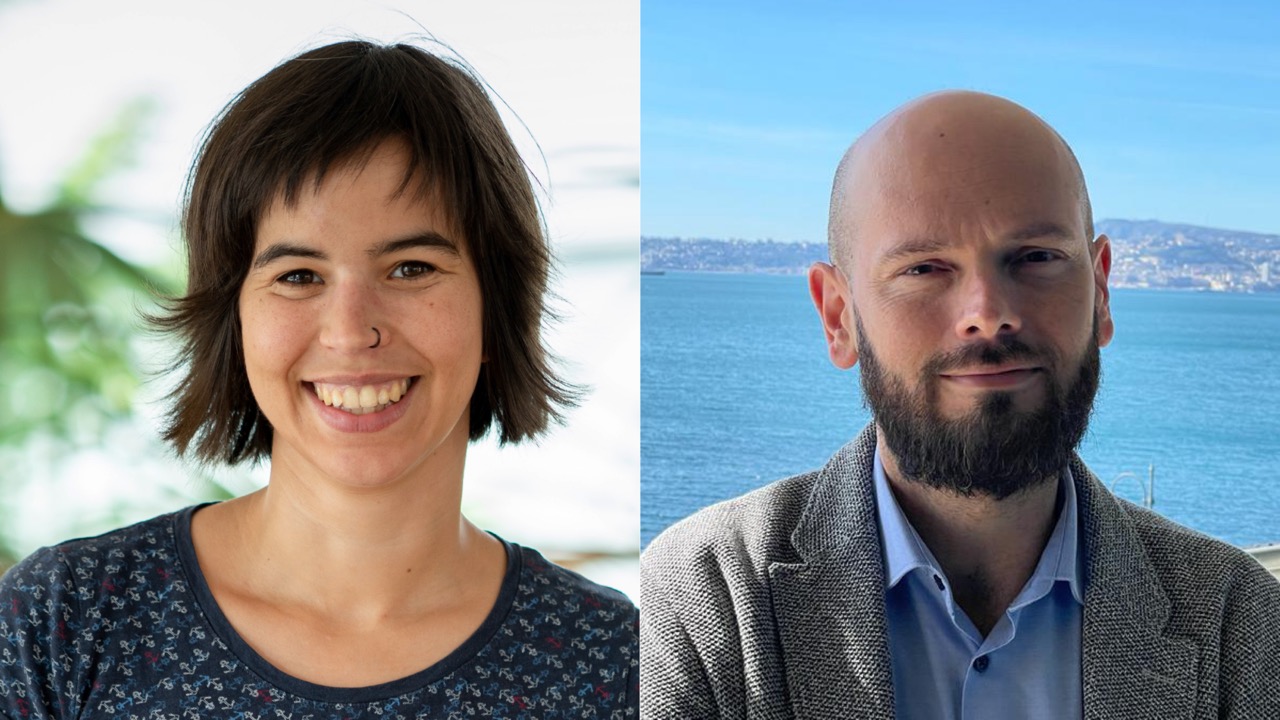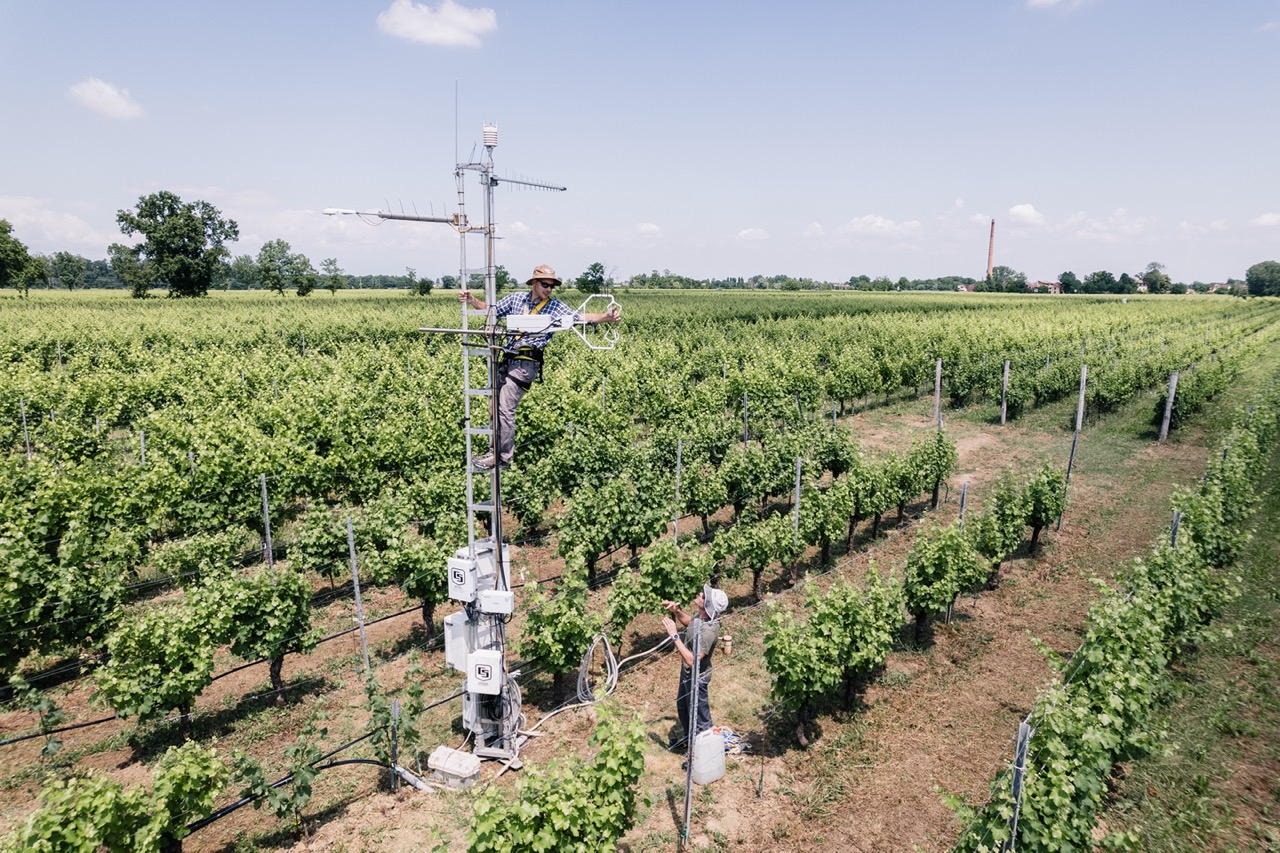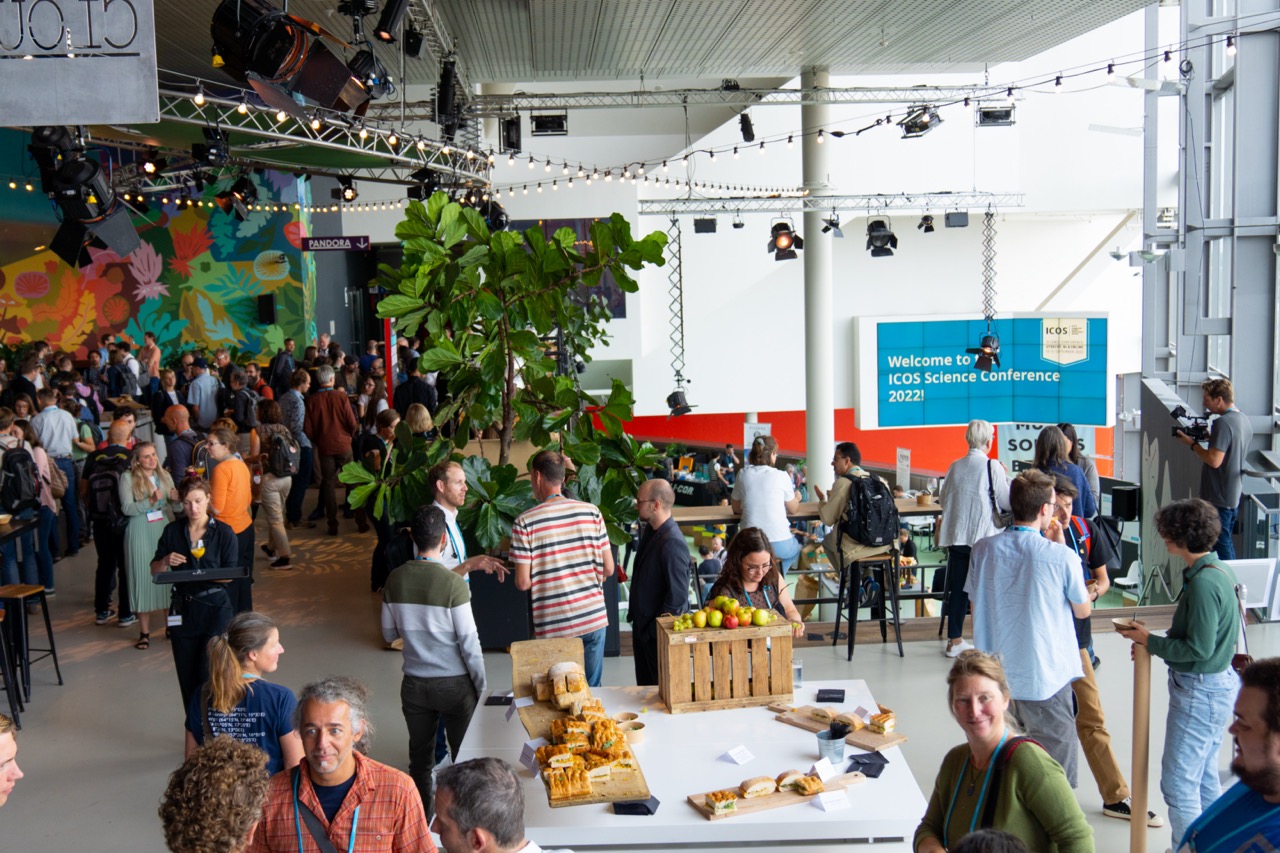
ICOS Science Conference 2024 brings together greenhouse gas scientists from all over the world. As in previous years, one of the goals of the conference is to encourage collaboration across scientific disciplines. We spoke to Dr Silvano Fares and Dr Ana Bastos, session conveners of such multidisciplinary sessions, to find out why collaborating across scientific disciplines is so vital and what kind of abstracts they wish to see in their sessions.
Greenhouse gases have little regard for human-made rules or scientific domains. Instead, they move freely between ecosystems, oceans and the atmosphere. Understanding their movement, therefore, requires expertise and measurements from various scientific disciplines.
ICOS Science Conference 2024, organized in Versailles, France and online on 10th-12th September 2024, encourages collaboration across scientific disciplines through sessions that combine various approaches or domains.
Increasing understanding of non-CO2 gases
One of these sessions, titled “Exchange of reactive gases and aerosols between the land surface and the atmosphere in natural and managed ecosystems”, is convened by Dr Silvano Fares from the National Research Council of Italy (CNR). Dr Fares’s background is in forest ecology and has dedicated much of his career to studying processes and interactions between plants and the biosphere.
“At the same time, I have always been interested to know more about non-CO2 trace gases, such as ozone, nitrogen oxides, and biogenic organic compounds. These gases are sometimes produced by plants and sometimes they are from anthropogenic sources. The ecosystems have a big impact on the net exchange of these gases.”
Dr Fares is closely connected to scientists in the ICOS community, some of whom use ICOS data in their research and some who have been obtaining results in ICOS sites themselves. Precise measurements of the ecosystems are key to understanding the gas exchange, he says.
“If you want to get the full picture of how ecosystems govern the exchange of non-CO2 gases, you first need to know more about the functioning of the ecosystems through measurements of fluxes of CO2 and water, which is of course done by ICOS, and combine that with knowledge of the ecophysiology of our systems. This is how we can understand the ecosystems’ functional response to climate change and that’s why it’s very complementary to have this session on non-CO2 trace gases.”

The session is convened by Dr Fares and his colleague, Dr Christian Brümmer, a PI of the ICOS station Gebesee and a key person in ICOS Germany. The two have collaborated before previous ICOS Science Conferences, in fact so much so that this will be their third time organising a similar session. Both are hoping to attract lots of good abstracts to their session, whose topic they wanted to leave broad on purpose to attract a variety of approaches.
“We would be curious to see, for example, the application of micrometeorological techniques but at the same time results from modellers who could benefit from getting new data to run and parameterize more advanced models. Then there are also ongoing national and European projects, which have to do with non-CO2 gases, which could provide some new information.”
For smaller research communities, such as the group of researchers interested in non-CO2 gases, ICOS Science Conference provides an opportunity to exchange information with each other and gain new insight from outsiders.
“I would like to hear from scientists from outside of the small community of those interested in non-CO2 gases. This will also be an opportunity to increase people’s awareness of why it is so important to measure non-CO2 gases”, Dr Fares concludes.
“The perfect setting for bringing together the observational and the modelling communities”
Dr Ana Bastos from the Max Planck Institute of Biochemistry is a session convener in two sessions that bring together various research approaches or disciplines. The first session, titled “Impact of climate extremes on GHG fluxes: understanding driving processes and responses across scales”, aims to collect contributions that increase our understanding of the impacts of extreme weather events such as droughts, fires, floods or storms.
“Extreme events are projected to become more frequent, but there are a lot of unknowns about how vegetation reacts and what their impact is on carbon fluxes. The impact on, for example, the net ecosystem balance is not always straightforward to analyse”, Dr Bastos says.
The second session, titled “Combining data and models to improve estimates of regional to global GHG budgets and trends”, was motivated by Dr Bastos's work in the RECCAP2 project, an activity from the Global Carbon Project, which aims to improve estimates of national carbon budgets to support policy and decision-making. The project includes contributions from both the observational and modelling communities.
“We thought that ICOS is, of course, a perfect setting to bring together the observational and the modelling communities to discuss how to make the best use of the different approaches to support our understanding of the carbon cycle, and contribute to climate change mitigation.”

Observational and modelling communities are essential collaborators, Dr Bastos says, for achieving a comprehensive understanding of the carbon cycle. Similarly, she stresses the necessity of fostering interactions among the atmospheric, ecosystem, and ocean monitoring communities to address the intricate dynamics of Earth's systems.
“We need observations to improve our models, and we need our models to understand observations”, she explains. “It’s really when the communities start talking that you can create a more complete picture of the processes and understand the mechanisms behind these processes. Sharing techniques between the atmospheric, ecosystem and ocean communities might help them find ways to apply techniques from one community to another, address some shared questions and solve similar issues.”
The Call for Abstracts is open until 8th April. For both sessions, Dr Bastos and her co-conveners are eagerly waiting for contributions from observation and modelling approaches, or approaches that bring these two together. As for other expectations for the conference, Dr Bastos has two particular things in mind.
“Learning from different fields is always one of the most exciting aspects. I always come out thinking that I have learned a lot. The second aspect is networking and being able to discuss possible collaborations."
The call for abstracts is open until 8th April 2024, 13:00 CET. The sessions reflect ICOS's three domains - Atmosphere, Ecosystem and Ocean - and incorporate broader themes such as climate services, science communication and cooperation between Research Infrastructures. See the full list of sessions here.